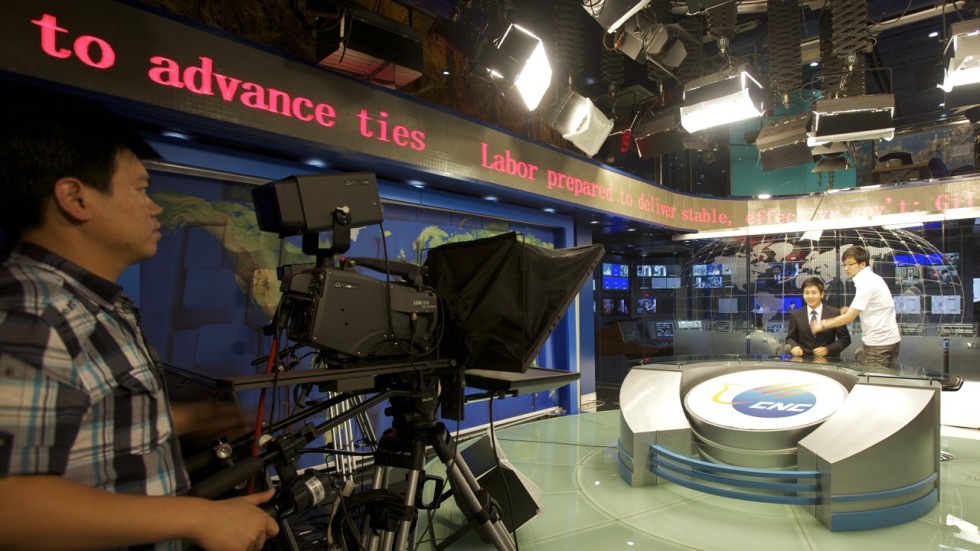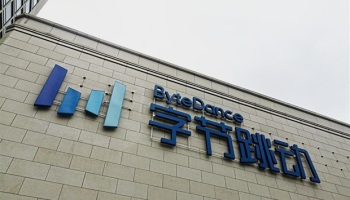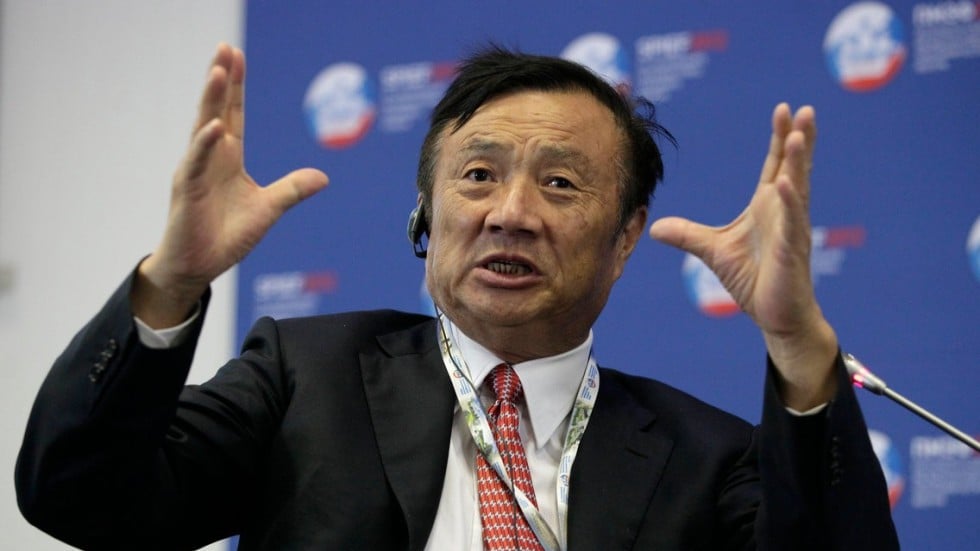 |
Band together: Entrepreneurs are urged to
build strong communities to have a bigger voice that will enable them to
affect policy that is beneficial to the industry.
|
Local startup sector gaining ground with stronger investor interest
THE past few years have seen an increase of entrepreneurs in the local tech startup sector. With better access to funding, there is ample opportunity for new business ideas to take off.
But while the number of startups in Malaysia has increased, industry observers say we are merely scratching the surface of where the industry could be.
According to Yusuf Jaffar, programme manager of Global Accelerator Programme from Malaysian Global Innovation & Creativity Centre (MaGIC), there is an estimate of 3,000 startups in Malaysia. Compared to the over 1 million registered enterprises here, startups make up only 0.25% of total companies registered.
In contrast, Singapore has 42,000 startups, making up some 8.88% of companies in the island state.
In the region, South Korea has an estimated 30,000 startups, while Indonesia and India has over 4,700 and 7,700 respectively.
Although the numbers in Indonesia and India look low, Yusuf points out that they have a vibrant startup ecosystem.
“India has 1,200 new startups every year, and this does not include the ones that are failing. These are the ones that are surviving or thriving. This shows vibrancy of ecosystem.
 Getting there: Hall says Malaysia’s startup ecosystem is rapidly maturing.
Getting there: Hall says Malaysia’s startup ecosystem is rapidly maturing.
“For Malaysia’s ecosystem to grow, we need to rapidly increase our number of startups. We need more entrepreneurs here and we need more ideas,” he says.
He names four components that are needed for the industry to grow – more startups, capital, markets and talent.
In terms of capital, Yusuf notes that venture capital (VC) penetration in Malaysia is relatively high with 110 VC firms. Statistically, he says, there are a lot of funds available in Malaysia with US$1.75bil in VC funding for the local ecosystem, of which, only 50% has been spent to-date.
However, most of these funds go into funding Series A (US$1mil-US$3mil) and B (US$3mil-US$10mil) rounds, whereby the startups have grown sizably.
According to statistics, only 0.89% of VC capital went into early-stage investment, which amounted to about eight investments last year. In Singapore, 67% of VC funding goes to the early stage.
It is crucial to have adequate funding for early stage investment to ensure that entrepreneurs can tap these funds to grow their ideas.
“We are investing late,” says Yusuf.
In Malaysia, he estimates that the success rate for startups is 20%.
He adds that 90% of the current 242 unicorns – startup company valued at over US$1bil – in the world received VC funding from the get-go, underscoring the importance of VCs in making high-growth companies.
Additionally, the frequency of investments in the local market is low. In 2017, there were only 77 investments made by VCs, or only 2.57% of startups received VC investment. Considering that there are 110 VC firms here, it is small wonder that entrepreneurs feel that there is a lack of funding available in the local market.
Stacking up regionally
Malaysia has often been cited as a country with great potential. We have a fairly well-educated population, infrastructure and a strong economy.
However, the other countries in the region have somehow garnered more interest from investors. Singapore and Indonesia, in particular, have been receiving sizeable investments from VCs. The Indochina region has also been getting a lot of attention in recent times.
And not many from the industry will forget that Malaysia-founded Grab eventually moved to Singapore given the more vibrant ecosystem across the straits.
But Justin Hall, partner at Singapore-based Golden Gate Ventures, says that Malaysia’s startup ecosystem is rapidly maturing.
“As we’re starting to see in other regional countries, Malaysian entrepreneurs are actively seeking to build out platforms and products that appeal to the entire South-East Asia, and not simply the domestic Malaysian market.
“Regional funds are actively looking for and investing in Malaysian-born startups, and I see this trend accelerating as investors look out from Indonesia and Singapore,” says Hall.
Last November, Golden Gate launched its Malaysian office in Kuala Lumpur to solidify its presence here. The firm had already utilised a quarter of its Fund II to invest in early-stage tech companies that are based or operating in Malaysia. It is planning to invest a further RM75mil in Malaysia-based startups.
Smart capital: Ganesh notes that VCs can now pick and choose their investments because there are more startups around. — Bernama
He notes that Malaysia also has a large digital consumer market.
“It bears some striking similarities to other South-East Asian countries in terms of consumptive behaviour such as regulatory bottlenecks in certain industries, and regulatory, infrastructure, and logistical constraints. This means that products and services that resonate with Malaysian consumers and businesses might be easier to localise into other regional markets than, say, companies that specifically appeal to Singaporeans,” he adds.
Hall opines that Malaysian companies are undervalued compared to Indonesia and Singapore, largely due to the sheer amount of capital being invested in the later markets. There were previously also some gaps in founder experience and capability between the markets, but that gap is rapidly closing.
According to Hall, logistics and supply-chain focused startups will come into focus in 2019 as the e-commerce boom starts sizing up in the region.
“We are really only scratching the surface of scalable, efficient, inter-country logistics and supply-chain platforms. We hope to continue finding and investing in the best, most talented entrepreneurs in South-East Asia this year,” he says.
However, Commerce DotAsia Ventures Sdn Bhd executive chairman Ganesh Kumar Bangah notes that the startup frenzy in the region seen a few years ago has cooled off.
“Valuations were very high three to four years ago. I think it has cooled off. There are still some startups who ask for crazy valuations, but they don’t get funded. VCs can now pick and choose because there are so many startups. They don’t compete with each other as much as before.
“It is not like three or four years ago, where a startup can say, ‘if you don’t give me this value, the next guy who comes in will offer me that’. Today, there’s realism in the game.
“There is still a lot of money in the region for the right companies. People are less willing to overpay for them,” he says.
Building the ecosystem
Governments play an important role in developing the startup ecosystem and in creating new markets for the ecosystem.
Yusuf says favourable policy can mobilise funds and help grow the industry.
He cites the example of Singapore, which has allocated S$5bil in matching grants for startups, effectively pouring in S$10bil for the sector. In the US, some US$84bil is invested into VCs annually, with the bulk of these funds coming from pension funds.
Obviously, the funding ecosystem in Malaysia has a long way to go. But developments in the local market such as equity crowdfunding and Leap Market have opened up more funding avenues for startups looking to tap new money. Additionally, more people have shown interest in becoming angel investors, which would help fill the gap in the early-stage financing.
“It is not that there is not enough money in the ecosystem. The case is, there’s not enough intelligent capital at the early stage here. Intelligent money means that these investors have the knowledge to value the startups, and have the ability to give them the add-ons to help them grow.
“We don’t lack capital, we lack intelligent capital at the early stage. We’ve got a lot of people with money and a lot of them want to invest in technology but don’t know how,” notes Ganesh.
Yusuf concurs. The Malaysian ecosystem lacks specialist talents who can run funds. Most of the local VCs are managed by generalists who may not be able to discern startup-specific issues and challenges.
Paving the way: Governments can play an effective role in creating new markets for the ecosystem.
Thus, there is a need to attract more foreign funding and talent to close the gap in the local market.
“Governments also play a big role in market creation. The government needs to put in real money into these specific markets.
“A good example is the “buy social” campaign in the UK where all government procurement contracts have to go to social enterprises. That has led to the UK becoming the epicentre of social enterprises in the world, because the government made that effort and made that pledge.
“So it’s not just about identifying a market, but creating real value in the market. There’s no way an entrepreneur can grow unless the market is created,” says Yusuf.
He notes that 5% of the UK’s GDP now comes from social enterprises.
Yusuf also urges entrepreneurs themselves to be part of the effort in building the local startup ecosystem by creating communities that will enable them to work outside their silos. By working within communities, entrepreneurs will be able to share ideas and collaborate to form better solutions and business models.
“We need to have clusters, where you can get matching of skillset and vision. And these clusters should be connected to other clusters to see how you can build the ecosystem and move the ecosystem forward.
“So build the community. And the importance of building a bigger community is so that you can affect policy in a way that will benefit the industry,” he says.
By
joy lee Starbiz
Related
Related posts:

Successful entrepreneurs join forces to fund
and support businesses Malaysia has seen quite a number of successful
entrepreneurs coming i...


OOI Boon Sheng, founder and chief executive officer of Web Bytes Sdn Bhd, was fortunate to have found a goo
Successful entrepreneurs join forces to fund and support businesses
Dec 10, 2014
... This is the ninth article in a 10-part tie-up between Metrobiz and the Malaysian
Global Innovation & Creative Centre (
MaGIC) to explore startup ...
Dec 17, 2014 ... This is the final article in a 10-part tie-up between Metrobiz and the Malaysian
Global Innovation & Creative Centre (MaGIC) to explore startup ...
Tech-Dome Penang project to be ready by 2015; Skilled Staff in Demand in Penan









































